Atlantic Monthly, Vol. 4, no. 22, August 1859
Book Excerpt
How shall we explain this national peculiarity? Was it because the religion of the Jews forbade creative imitation? Is it to be found in the letter or the spirit of the second commandment, which interdicts the making of graven images of any pattern in earth or heaven? We should hardly think so, since the object of this prohibition is rather to prevent idolatry than to discourage the gratification of taste. "Thou shalt not bow down to them nor serve them." The Jews did have emblematic observances, costume, and works of art. Yet, on the other hand, the Jews possessed something resembling the drama, and that out of which the dramatic institutions of all nations have sprung. The question, then, why the Jews had no drama proper, and still preserved the semblance and germ thereof, will be partially elucidated by a reference to the early history of dramatic art.
In its inception, the drama, among all nations, was a religious observance. It came in with the chorus and the ode. The chorus, or, as we now say,

 Free Download
Free Download











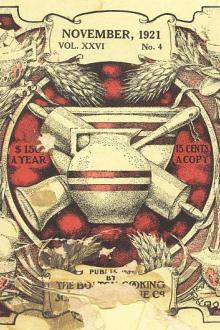
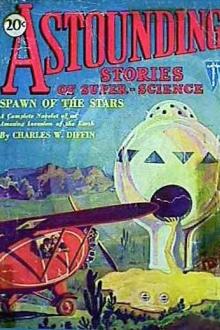


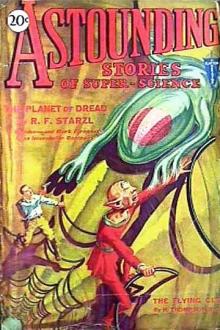



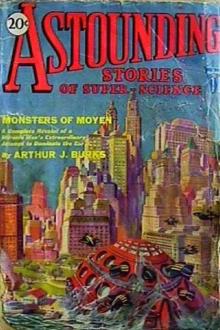







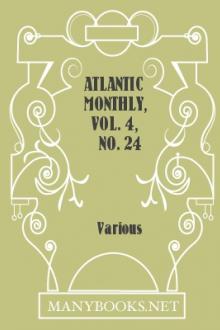

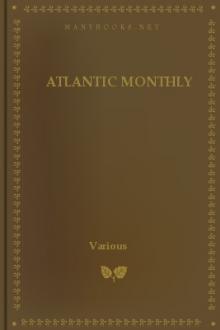





-itok=vcKIB5v1.jpg)